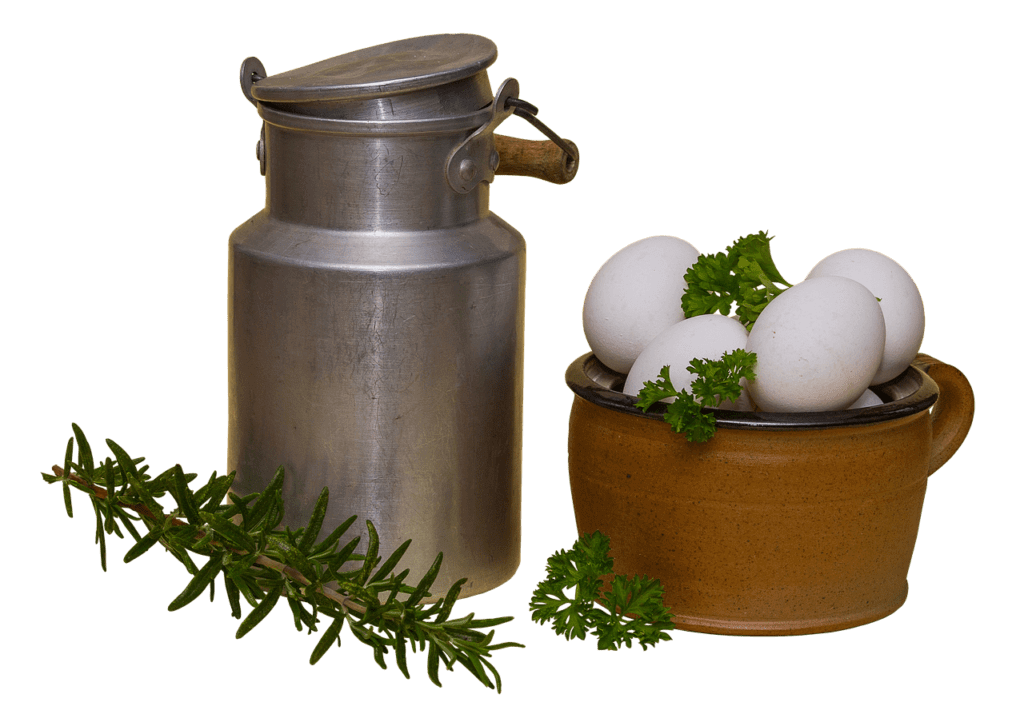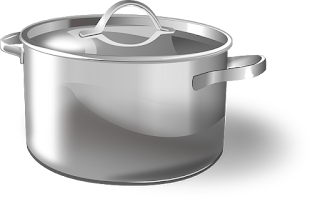Do you cook in aluminum vessels or use aluminum foils? Then you need to read this article. Decades ago autopsy results found unusually high levels of aluminum in the brains of people with Alzheimer’s disease. Experts were concerned about the health risk of this metal because aluminum can be deposited in the brain tissue.
Researchers from the Ashland University and Occupational Knowledge International tested 42 samples of aluminum cookware made in 10 developing countries. They found more than one-third pose a lead exposure hazard and the cookware also released aluminum, cadmium, and arsenic.
“Lead exposure from inexpensive aluminum cookware has the potential to be of much greater public health significance than lead paint or other well-known harmful sources that are common around the world,” says Perry Gottesfeld, executive director of Occupational Knowledge International.
These cooking pots also release cadmium into the foods being cooked. “Lead and cadmium exposures from regular use of these containers will significantly reduce IQ and school performance among children, and contribute to millions of deaths due to cardiovascular disease,” according to Jeffrey Weidenhamer, professor of Chemistry at Ashland University and an author of the study.
What Does Research Say
Researchers from the American University of Sharjah found that one meal cooked in aluminum foil can have up to 400 mg of the metal. The safe maximum according to the World Health Organization is about 60 mg per person per day. This amount may vary according to a person’s weight.
The researchers found a circular piece of foil 22cm across leached 100mg of aluminum into the food cooked on it. “To the naked eye, it looks fine, but under the microscope, you see a big difference. The higher the temperature, the more the leaching. The foil is not suitable for cooking and is not suitable for use with vegetables like tomatoes, citrus juice or spices,” says Dr. Fathia Mohammed researchers at American University of Sharjah’s chemical engineering department
The experts say that pots made using reused aluminum are even worse. If the aluminum pans are scratched, the leaching process is even quicker. Long-term exposure to aluminum can lead to osteoporosis because of the similar properties of aluminum and calcium it can be absorbed into the structure of bones.
Prevention
Avoid cooking foods like the tomatoes and rhubarb in aluminum pans. Don’t leave leftovers in aluminum vessels because the longer the foods sit in it, the more metal it can absorb. Throw away your old, pitted and worn aluminum pans. When you replace your old pans, consider upgrading to anodized aluminum pans.
Alternatives
You can use anodized aluminum cookware because the hard coating reduces the amount of aluminum that leeches into the food. If you want to benefit from pan to food transfer, try using cast-iron cookware. It can provide close to 20 percent RDA of this blood-building metal.















